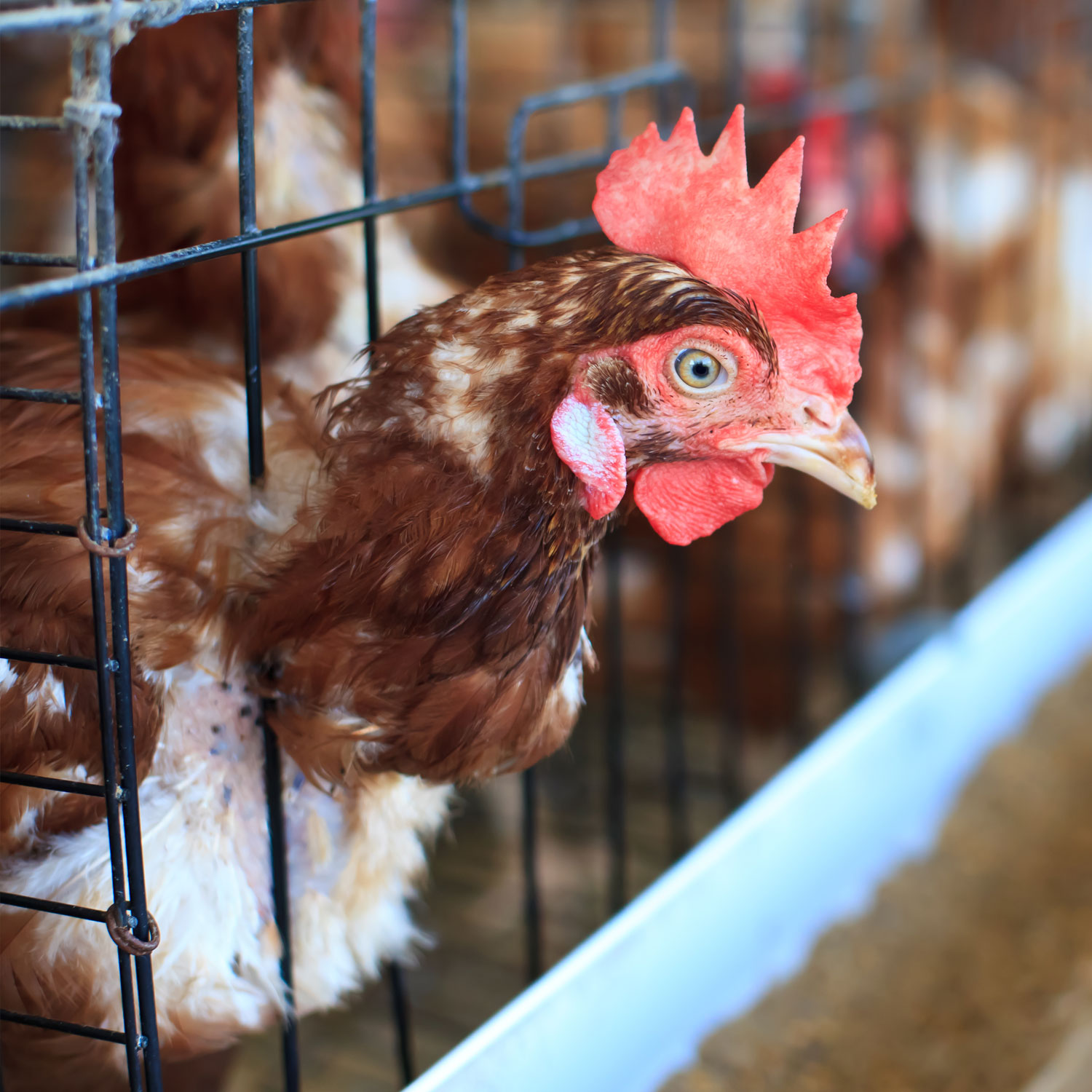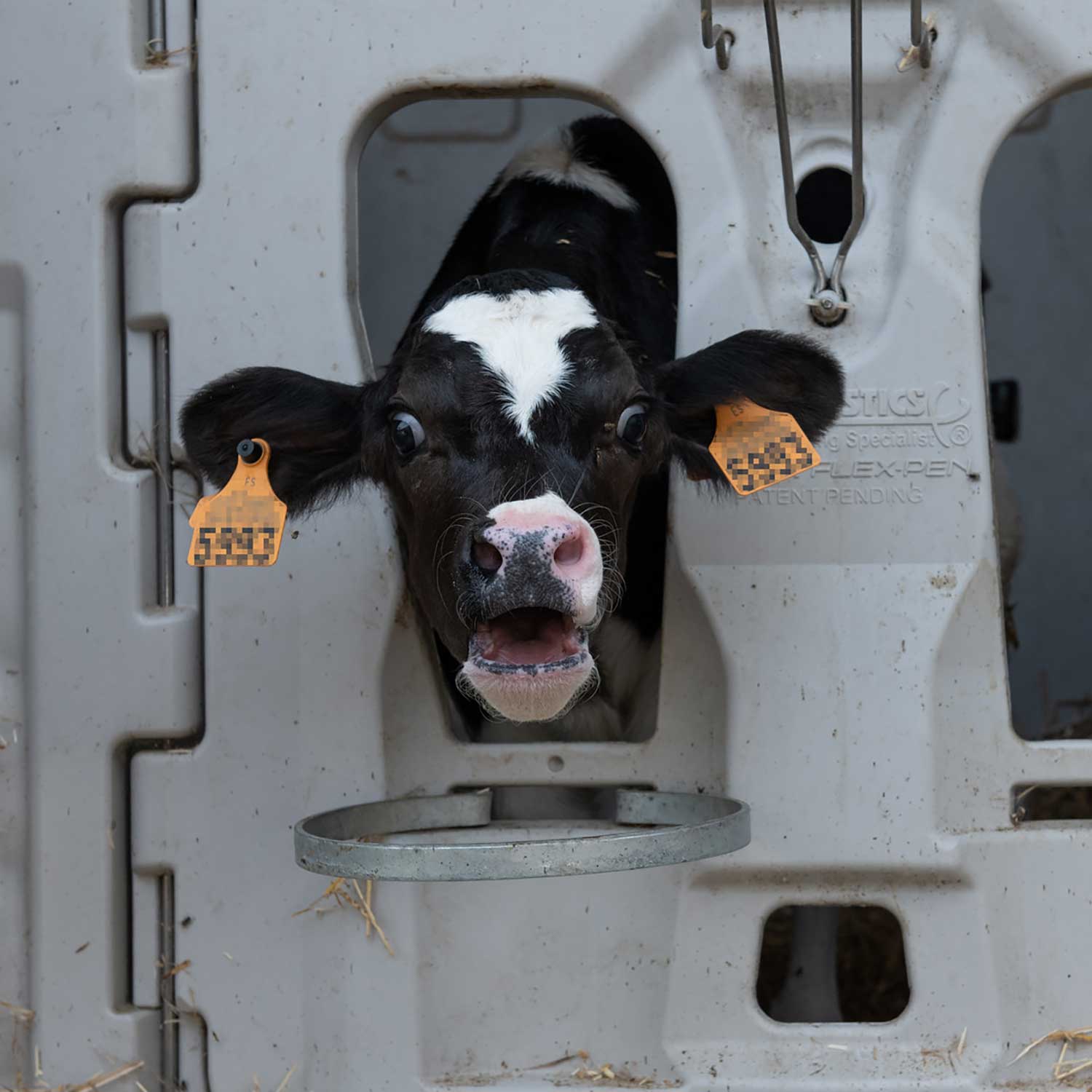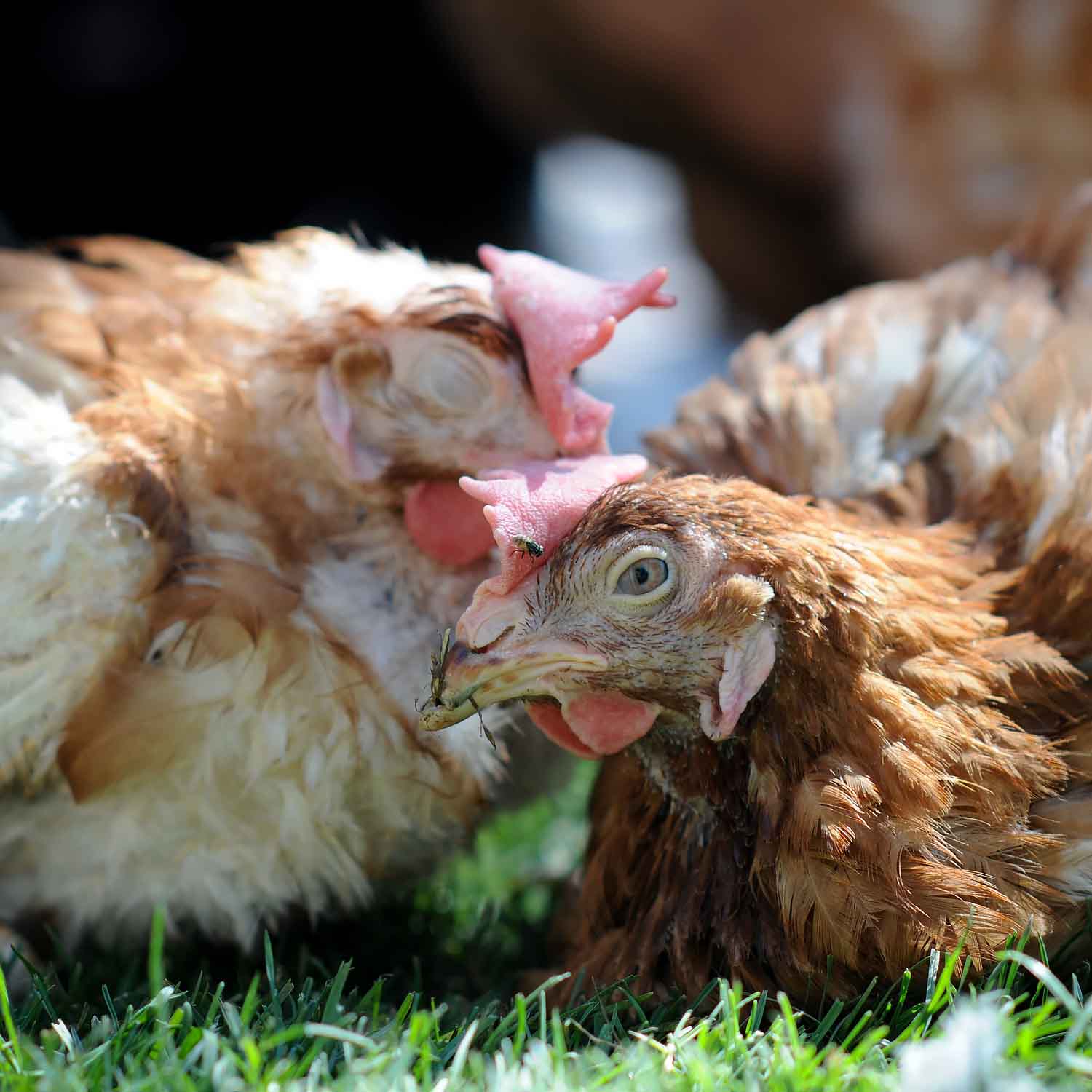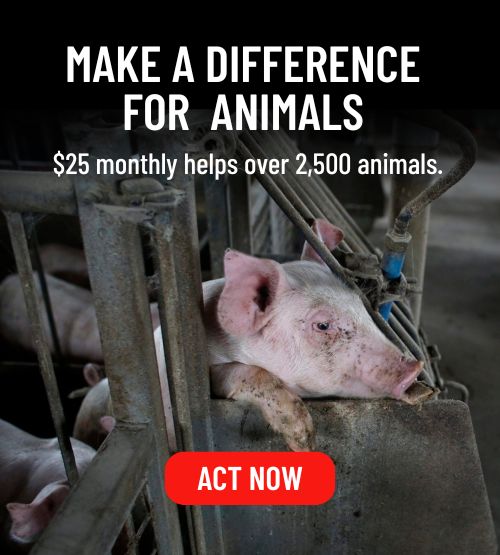Animal Equality Files Complaint Against Cargill for Misleading Claims on Turkey Labels
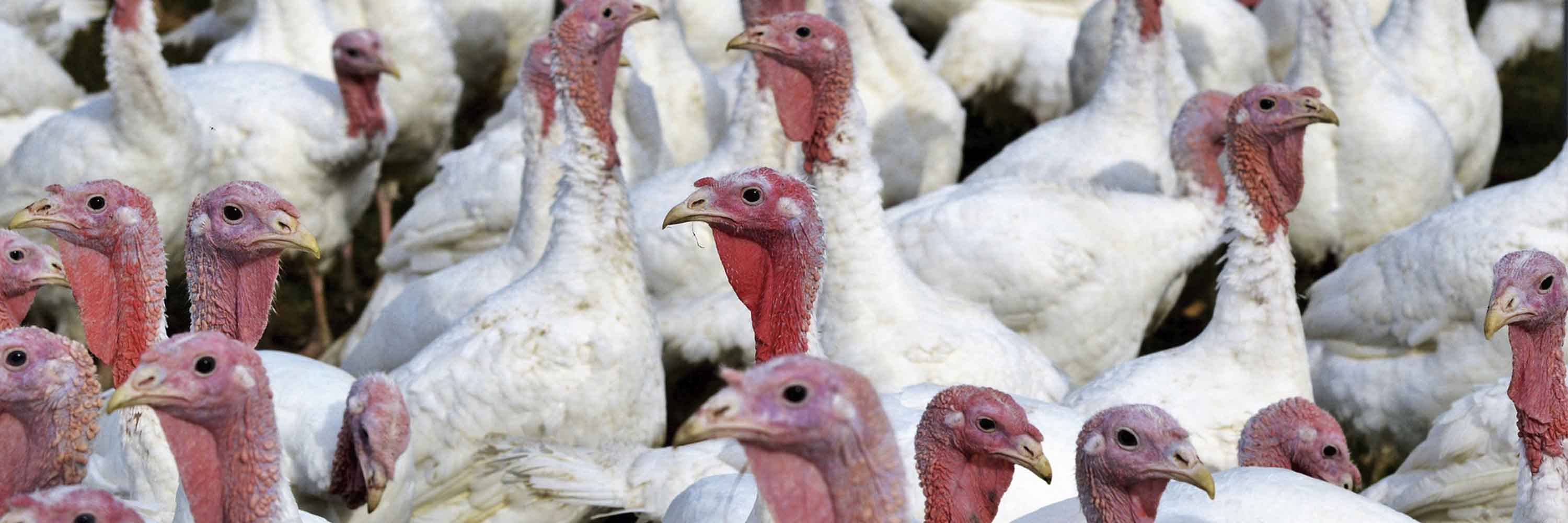
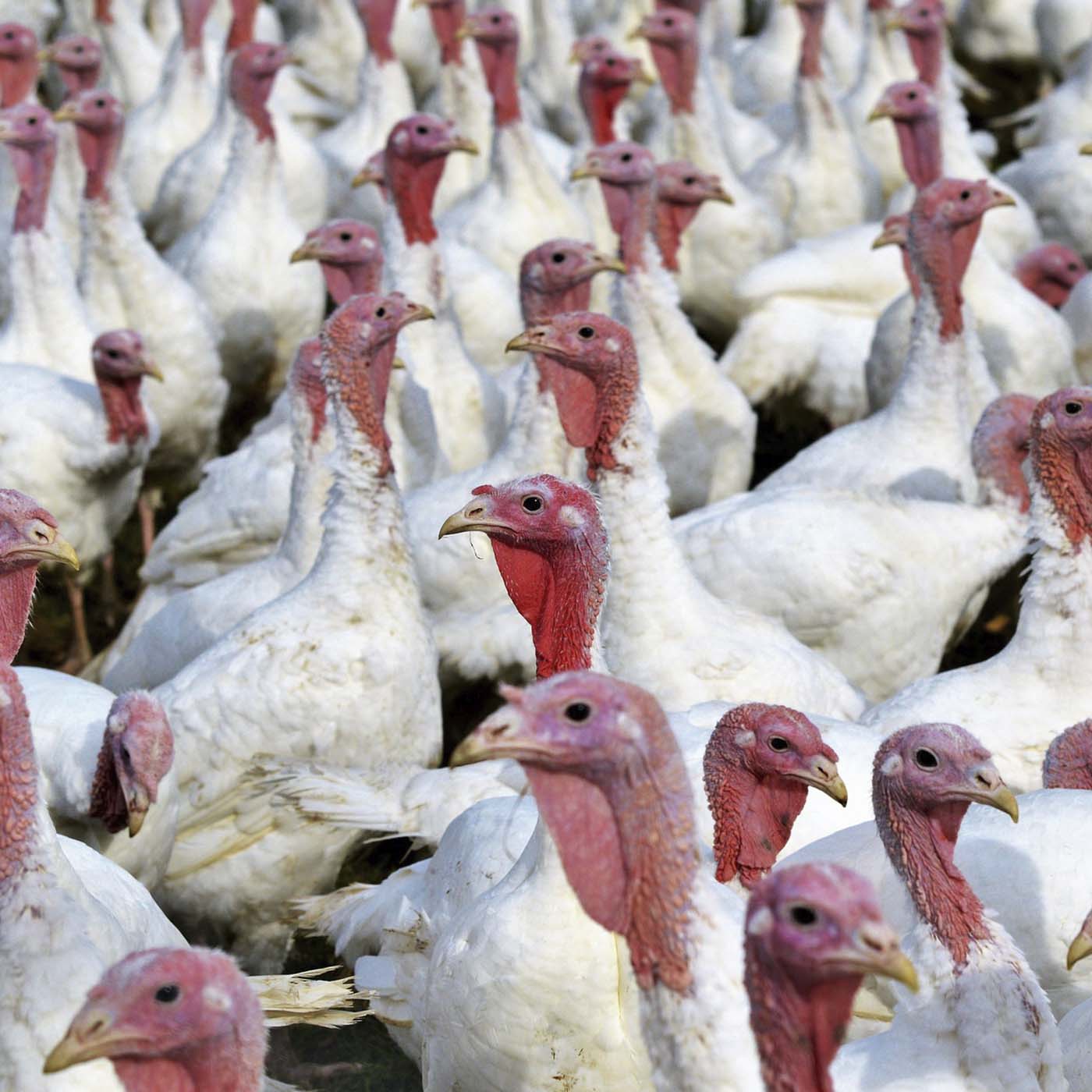
WASHINGTON, D.C. — Animal Equality and five other nonprofits kicked off Thanksgiving week by filing a formal complaint against agribusiness giant Cargill, Inc., for unlawfully marketing certain turkey products. The complaint, filed with the Federal Trade Commission (FTC), focuses on certain representations Cargill makes about its turkey products sold under the brand names ‘Shady Brook Farms’ and ‘Honeysuckle White.’
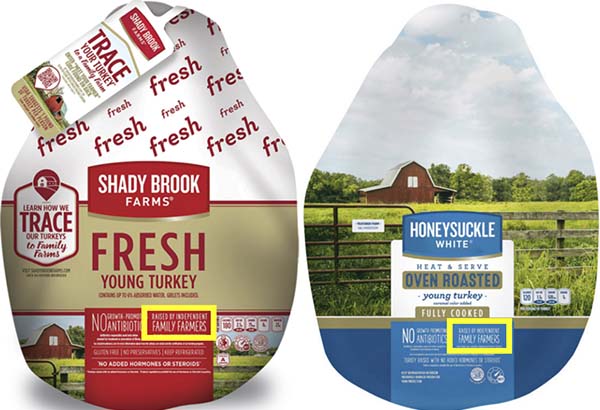
THE FALSE CLAIMS: The complaint accuses Cargill of using its “independent family farmers” labeling and marketing claims to falsely imply that the Shady Brook Farms and Honeysuckle White brands have far-reaching benefits for the birds and workers in the supply chain, as well as certain environmental advantages, when in fact the turkeys come from large, corporate-controlled factory farms.
“The image that comes to mind when one thinks of an ‘independent family farm’ bears no resemblance to the conditions in which Cargill turkeys are actually raised. The turkeys who become Cargill’s products live stressful, often painful lives on massive factory farms—they are not living the kind of ‘family farm’ life the company would have consumers believe.”
Sarah Hanneken, Legal Advocacy Counsel at Animal Equality
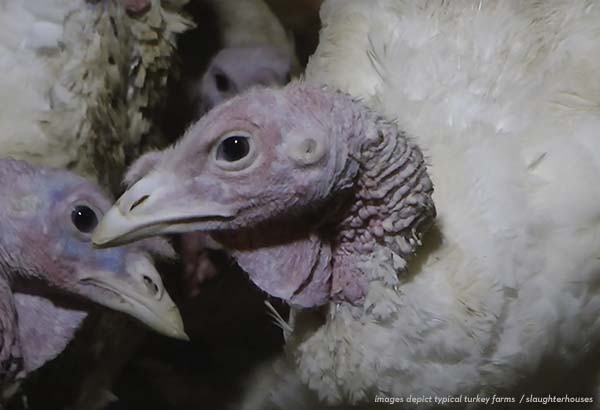
TURKEYS LIVING IN MISERY: Contrary to consumer expectations, Cargill systematically mutilates its turkeys and requires them to be intensively confined, by the tens of thousands, in unsanitary warehouses. The complaint also details the negative environmental impact of Cargill’s operations, including improper waste disposal that leads to the pollution and degradation of waterways. “Far from the bucolic family farms portrayed by Cargill’s marketing,” the complaint states, “Cargill’s actual production methods exploit contract farmers and slaughterhouse workers, systematically abuse animals and cause grave harms to the environment.”
WORKERS EXPLOITED: In addition to allegations of inhumane treatment of turkeys and extensive environmental damage, the complaint also asserts that Cargill routinely exploits the contract farmers who raise the birds and the slaughterhouse workers who kill them. The complaint points out how dangerous working conditions at Cargill plants have been made all the more evident in light of the COVID-19 pandemic.
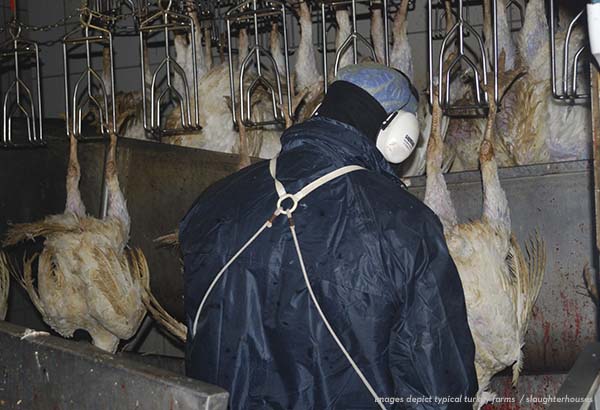
END FALSE ADVERTISING: Through this complaint, Animal Equality and its coalition partners urge the FTC to investigate and promptly put an end to Cargill’s turkey product misrepresentations.
WHAT YOU CAN DO:
- TRY VEGAN: The best thing you can do to ensure that you’re not contributing to animal suffering is to simply leave turkeys and all animals and animal product off your plate! There are many meat-free roasts perfect for the holidays.
- SIGN THE PETITION: Add your name to this grassroots petition to let Cargill know that consumers demand truth in advertising.
- HELP US END HUMANE-WASHING: You can also help us identify and stop other misleading claims by reporting them to us! Next time you see a label on an animal derived product that seems too good to be true, take a photo and fill out our form to let us know about it.
TAKE ACTION TO STOP MISLEADING MARKETING CLAIMS

